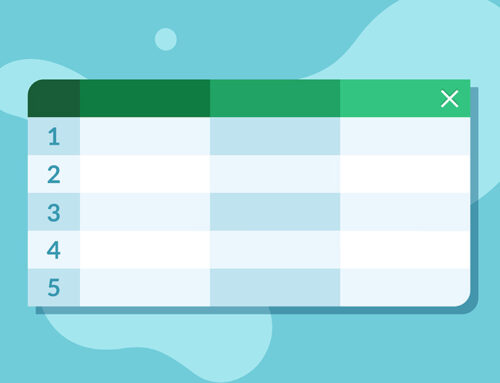Tips to Keep Your Business Network Safe!
Your network is likely to contain a great deal of information that you don’t want other unauthorised people gaining access to. There are also people out there with bad intentions and the ability to hack into networks if given the opportunity. A security breach could potentially be very costly for you, so it is advisable to take whatever steps you can to be safe.
The good news is that there are various techniques you can use to help ensure your network is as secure as possible, creating a near impenetrable safety barrier. Many are straightforward and very easy to put into practice, while others might be a little more complex.
Use a Strong Password
Generally speaking, hacking is a highly technical job that requires a very strong understanding of coding. Sometimes, though, such skills are not necessary as we make it easy for hackers to gain access thanks to passwords that are ridiculously easy to guess. Among the most popular passwords of 2018 was ‘123456’. A seasoned hacker will try this first, among a list of others, because there is a good chance it will save them a lot of work.
It can be tempting to use simple passwords because there is often a lot of passwords that need to be remembered, and by numerous people. To overcome this, you can use password managers that allow you to use complex passwords without having to remember them all. This helps to ensure your business network remains safe, whilst also allowing easy access to the people that need it.
Update Software
Hackers are constantly looking for security flaws in software that will allow them to gain access to your network. To help counter this, software producers are also looking for flaws in an effort to fix them and will also respond to threats revealed by hackers. To overcome these flaws, they will update their software periodically, particularly when a major flaw has been detected.
Such updates are usually done online and will be automatic. These updates can be inconvenient at times, though, slowing things down or rendering your machine useless for a while. This might encourage some people to turn off automatic updates meaning that security flaws are not addressed.
Don’t Use Counterfeit Software
Software can be expensive, creating a temptation to use counterfeit software instead to save money. Not only is this illegal, but it also opens you up to the risk of security threats. Counterfeit software often comes with third-party installers that can install various unwanted programs on your PC. Not only can these slow things down, they can also make your network vulnerable to hackers. While using counterfeit software might save you some money in the short term, it could cause you to lose significant sums overall.
Use Encryption
Encryption software is able to jumble up all of your information to make it unreadable. In order to decrypt the information, a key is required and without the key, the information will remain nothing but gibberish. This provides an effective line of defence as even if somebody was able to gain unauthorised access to your network, your sensitive information will remain safe.
Be Discreet
Hackers are often opportunistic, meaning if they see a worthy opportunity then they will take it. Many networks will be of little interest to them as there is likely little or nothing to be gained so they’ll rather wait until something potentially more lucrative arrives. With this in mind, it helps not to let potentially nefarious parties know that your network might have something worthwhile.
One way to achieve this is by giving any network wireless IDs obscure names. Names such as ‘network’, or ‘internet’ will give nothing away. Use your company name, however, and it could get a would-be hacker’s attention.
Use Anti-Virus Software
The internet is awash with potential hazards and one wrong click could lead to your computer becoming infected with viruses. While many are easily avoided, others can be more discreet meaning even people that are careful are at some degree of risk. Anti-virus software is regularly updated to keep up with viruses and act to block them from your computer when detected. Similarly, anti-malware software helps prevent other malicious software that can slow your network down and affect it negatively in other ways.
If you’re looking for professional advice and support with regards to IT and network security at your business then contact NECL today!
Please click here to read more about our IT services.









